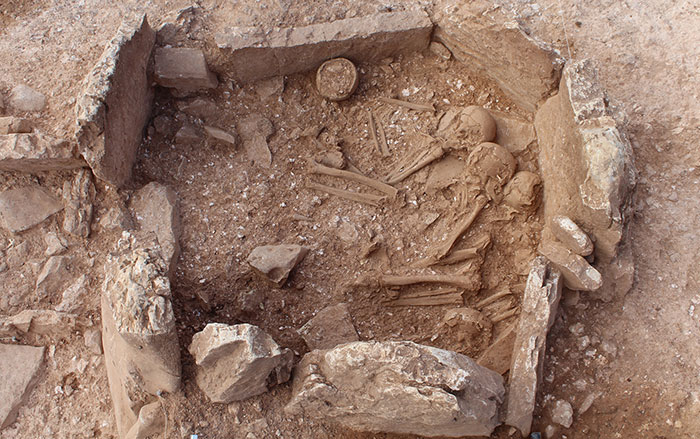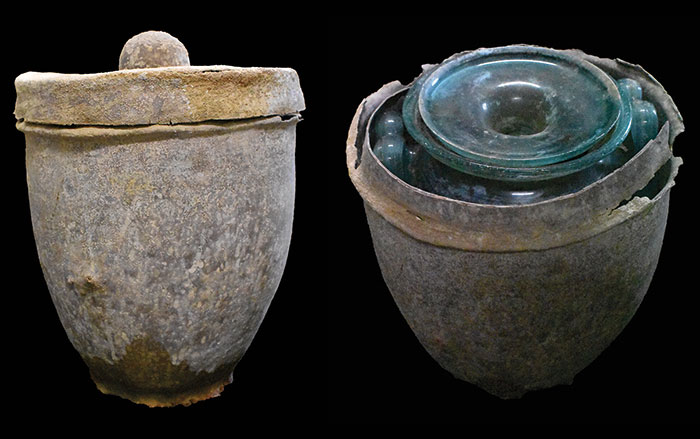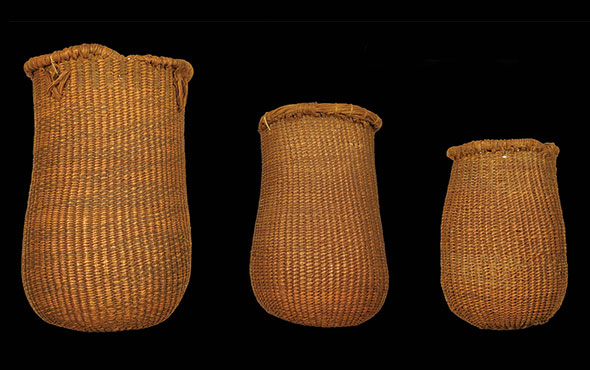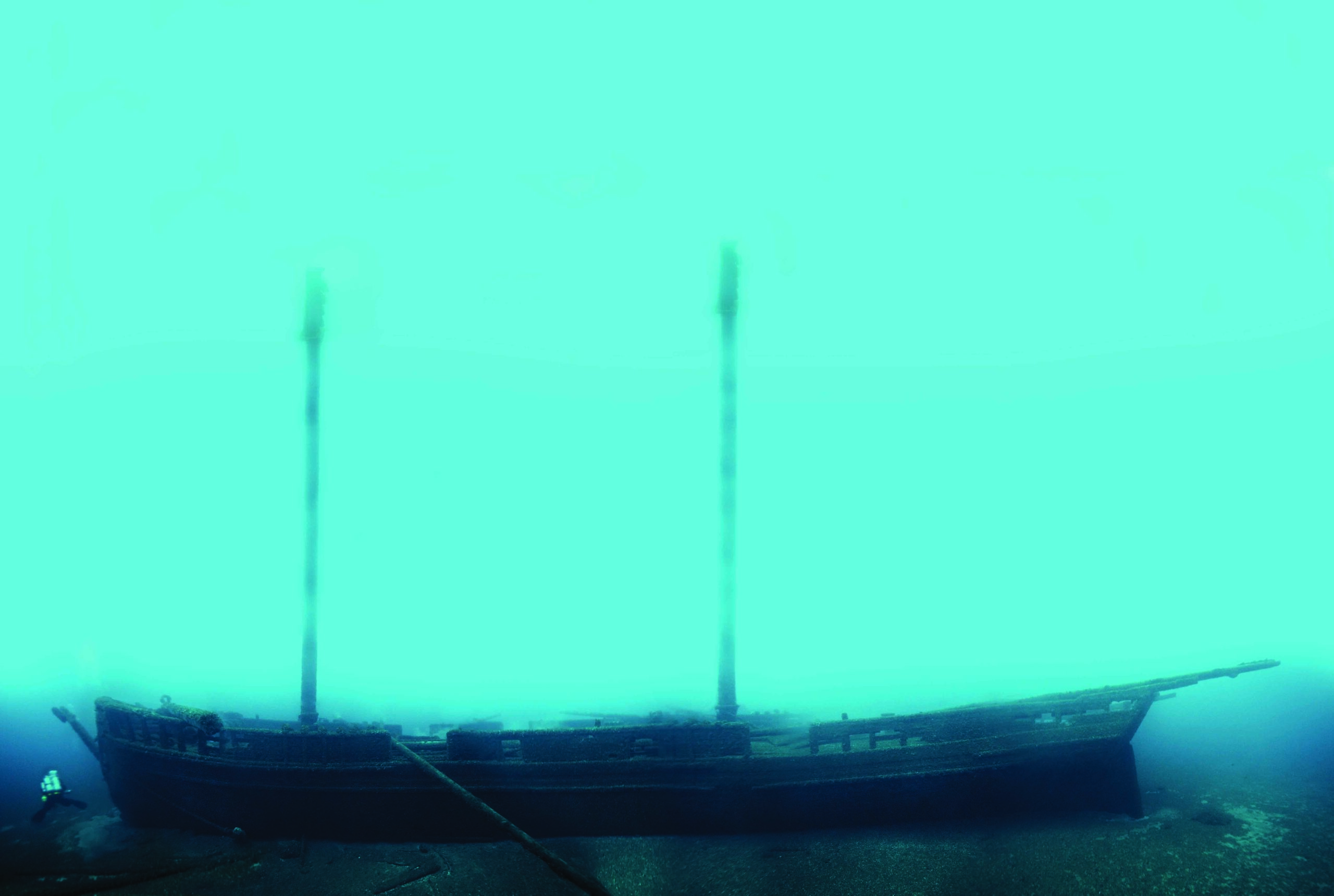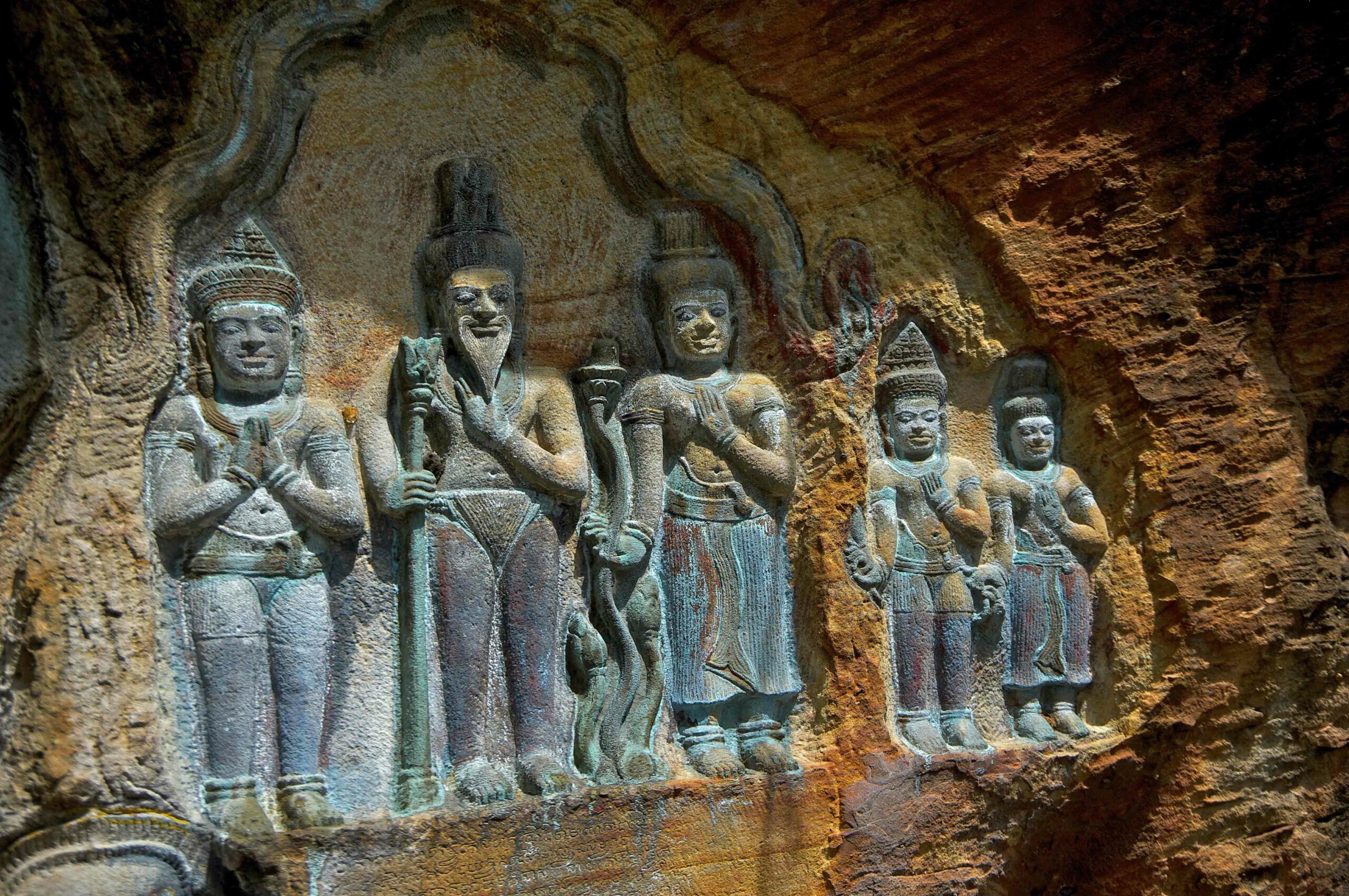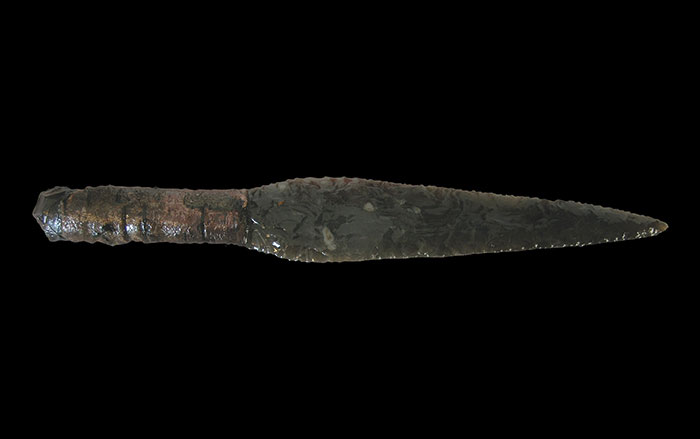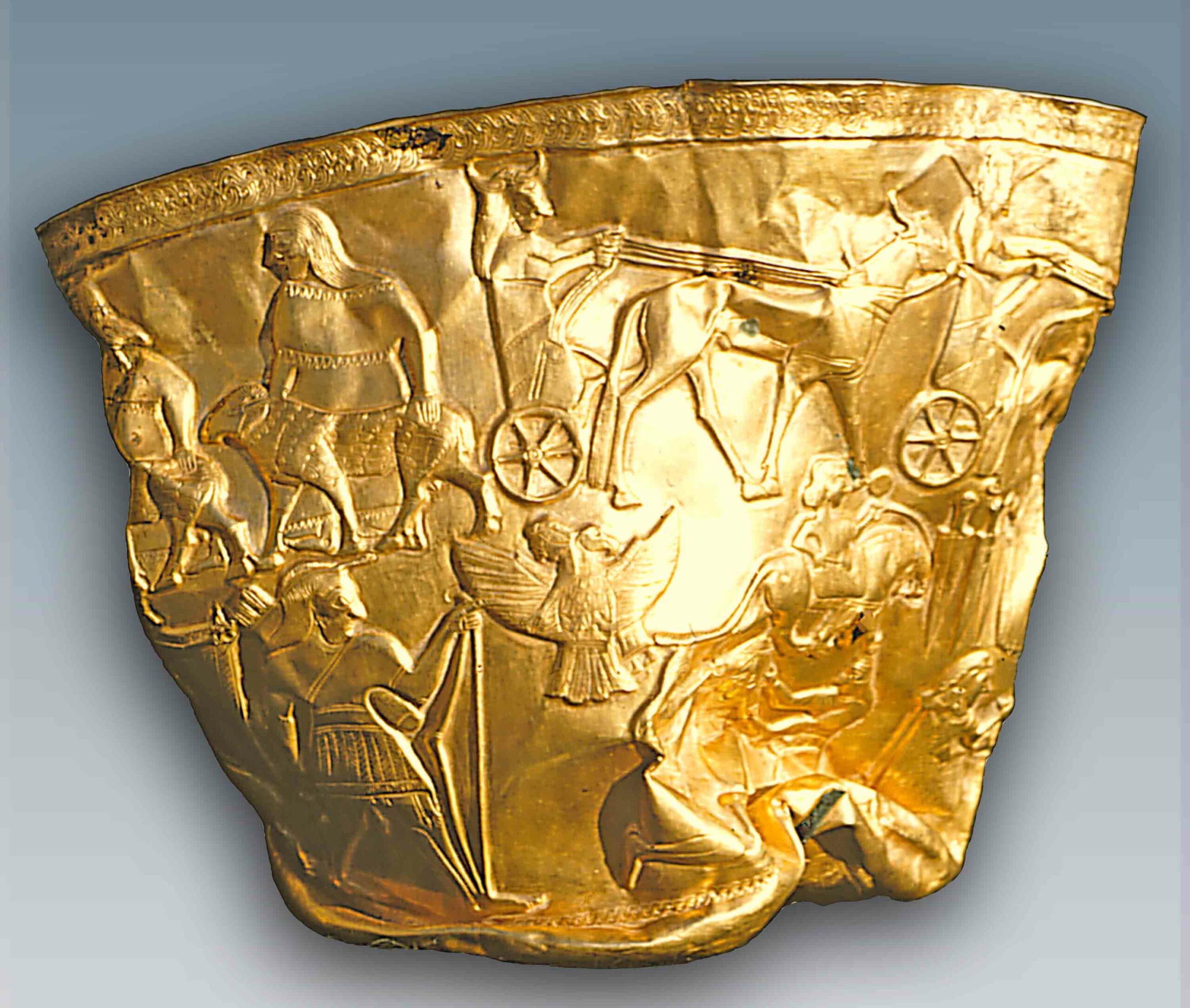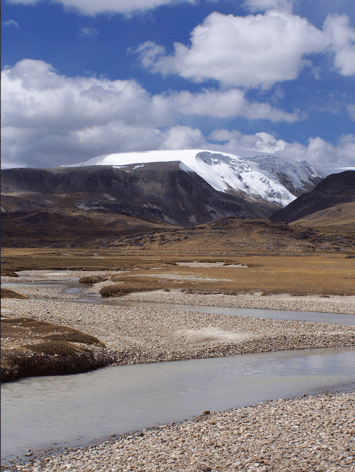
COLUMBUS, OHIO—Paolo Gabrielli and Lonnie Thompson of The Ohio State University have studied cores of ice taken from Peru’s Quelccaya Ice Cap that record 1,200 years’ worth of wet and dry, dusty seasons. They found antimony, arsenic, bismuth, molybdenum, and lead in the ice dating back to the years before Spanish rule, but in amounts that are likely to coincide with natural contamination sources, such as volcanic eruptions. Much larger quantities of the elements were captured in the seemingly clean ice that dates to just before 1600. Such pollution persisted until the early 1800s, when South American countries declared independence from Spain. Most of the pollution was probably produced in Potosí, located in modern-day Bolivia, where the Spanish mined and refined silver on a large scale by grinding silver ore, which contains more lead than silver, into a powder and mixing it with mercury. “The fact that we can detect pollution in ice from a pristine high-altitude location is indicative of the continental significance of this deposition. Only a significant source of pollution could travel so far, and affect the chemistry of the snow on a remote place like Quelccaya,” Gabrielli said. For another recent discovery in the region, see "Inca Ceremonial Site Uncovered in Peru."



